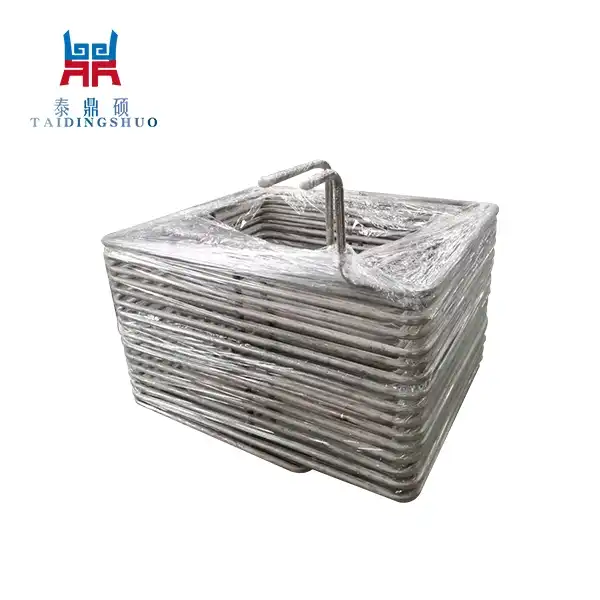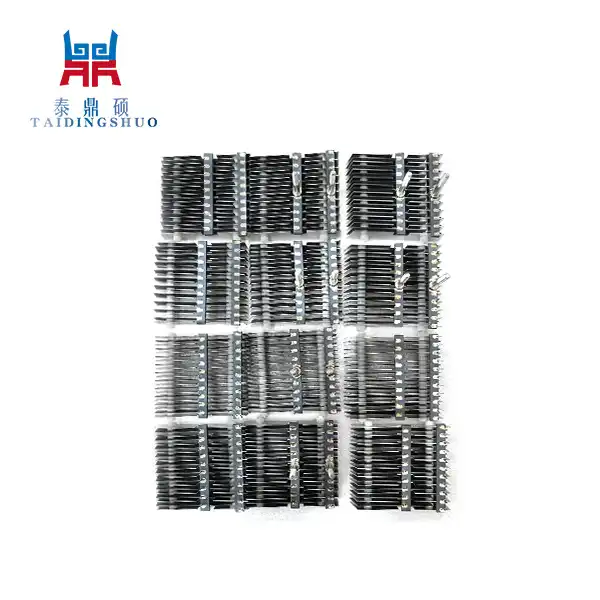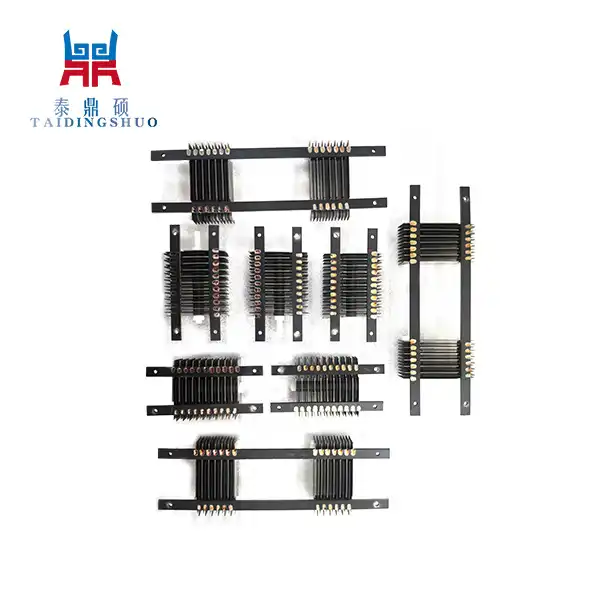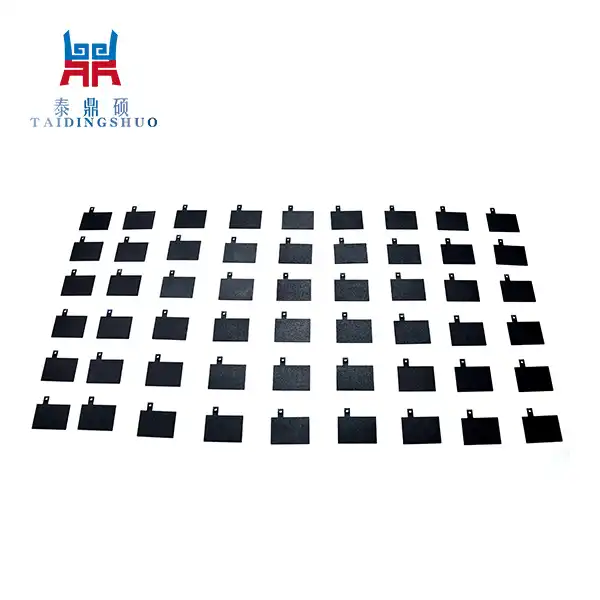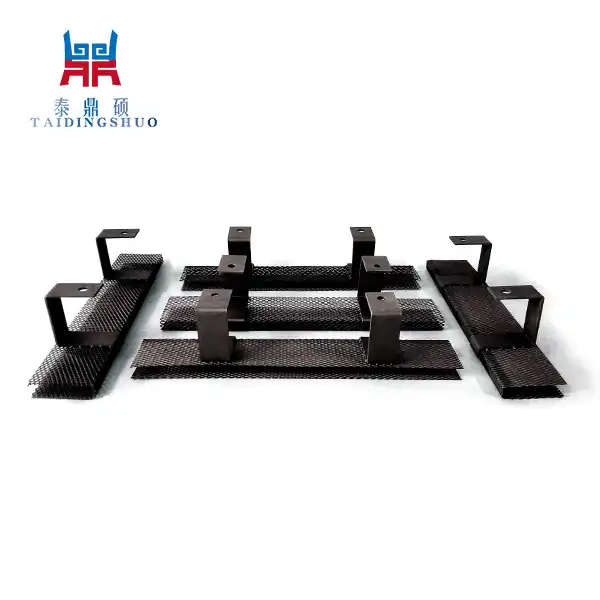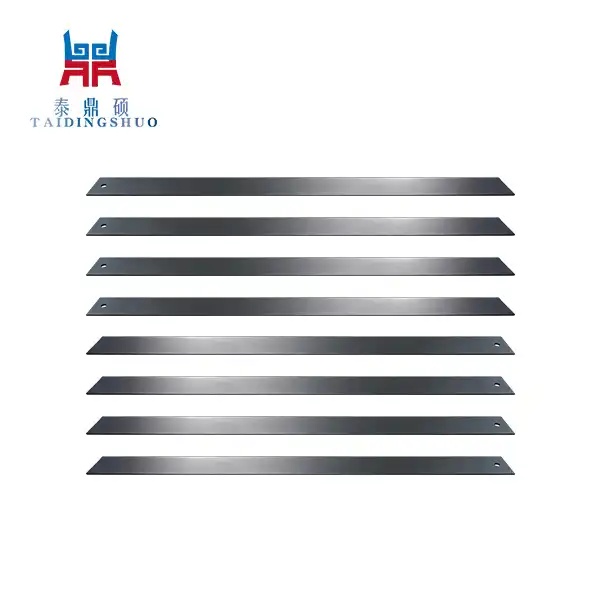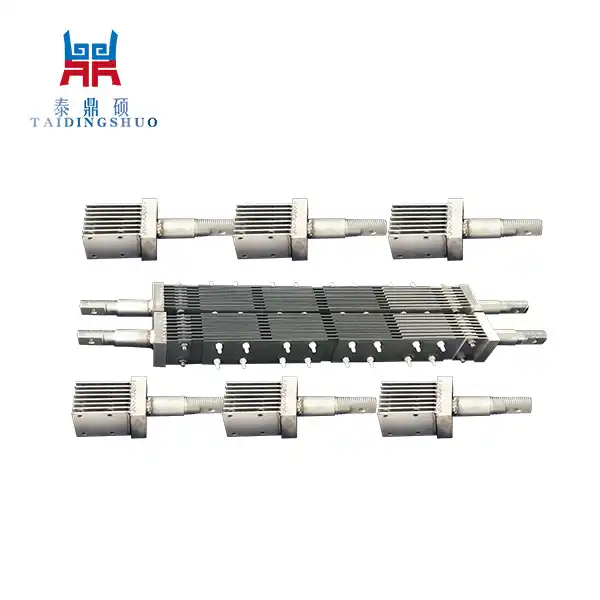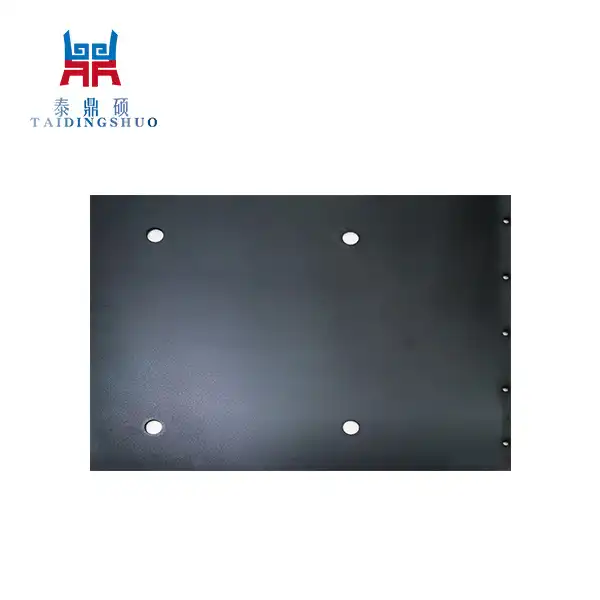- English
- French
- German
- Portuguese
- Spanish
- Russian
- Japanese
- Korean
- Arabic
- Greek
- German
- Turkish
- Italian
- Danish
- Romanian
- Indonesian
- Czech
- Afrikaans
- Swedish
- Polish
- Basque
- Catalan
- Esperanto
- Hindi
- Lao
- Albanian
- Amharic
- Armenian
- Azerbaijani
- Belarusian
- Bengali
- Bosnian
- Bulgarian
- Cebuano
- Chichewa
- Corsican
- Croatian
- Dutch
- Estonian
- Filipino
- Finnish
- Frisian
- Galician
- Georgian
- Gujarati
- Haitian
- Hausa
- Hawaiian
- Hebrew
- Hmong
- Hungarian
- Icelandic
- Igbo
- Javanese
- Kannada
- Kazakh
- Khmer
- Kurdish
- Kyrgyz
- Latin
- Latvian
- Lithuanian
- Luxembou..
- Macedonian
- Malagasy
- Malay
- Malayalam
- Maltese
- Maori
- Marathi
- Mongolian
- Burmese
- Nepali
- Norwegian
- Pashto
- Persian
- Punjabi
- Serbian
- Sesotho
- Sinhala
- Slovak
- Slovenian
- Somali
- Samoan
- Scots Gaelic
- Shona
- Sindhi
- Sundanese
- Swahili
- Tajik
- Tamil
- Telugu
- Thai
- Ukrainian
- Urdu
- Uzbek
- Vietnamese
- Welsh
- Xhosa
- Yiddish
- Yoruba
- Zulu
What are the forging methods of titanium metal materials?
Forging is a forming processing method that applies external force to titanium metal blanks (excluding plates) to cause plastic deformation, change size, shape and improve properties, and is used to manufacture mechanical parts, workpieces, tools or blanks. In addition, depending on the movement of the slider and the vertical and horizontal movement of the slider (for forging of slender parts, lubrication and cooling, and forging of parts for high-speed production), the compensation device can be used to increase movement in other directions. The above methods are different, and the required forging force, process, material utilization, output, dimensional tolerance and lubrication and cooling methods are different. These factors also affect the level of automation.
According to the movement mode of the blank, forging can be divided into free forging, upsetting, extrusion, die forging, closed die forging, and closed upsetting. Since there is no flash in closed die forging and closed upsetting, the material utilization rate is high. It is possible to complete the finishing of complex forgings in one or several processes. Since there is no flash, the stress-bearing area of the forging is reduced and the required load is also reduced. However, care should be taken not to completely restrict the blank. To this end, it is necessary to strictly control the volume of the blank, control the relative position of the forging die and measure the forgings, and strive to reduce the wear of the forging die.
According to the movement mode of the forging die, forging can be divided into oscillating rolling, oscillating forging, roll forging, cross wedge rolling, ring rolling and cross rolling. Oscillating rolling, oscillating forging and rolling rings can also be processed by precision forging. In order to improve material utilization, roll forging and cross rolling can be used as front-end processing of slender materials. Rotary forging, like open forging, is also locally formed. Its advantage is that it can be formed with a small forging force compared to the size of the forging. In this forging method including free forging, the material expands from near the die surface to the free surface during processing. Therefore, it is difficult to ensure accuracy. Therefore, by using a computer to control the movement direction of the forging die and the rotary forging process, a lower The forging power is used to obtain products with complex shapes and high precision, such as forgings such as steam turbine blades with many varieties and large sizes.
In order to obtain high accuracy, attention should be paid to preventing overloading at the bottom dead center and controlling the speed and mold position. Because these will have an impact on forging tolerances, shape accuracy and forging die life. In addition, in order to maintain accuracy, attention should also be paid to adjusting the slider guide rail clearance, ensuring stiffness, adjusting the bottom dead center, and using auxiliary transmission devices.
The materials used for titanium forging are mainly pure titanium and titanium alloys of various compositions. The original states of the materials include bar stock, ingots, metal powder and liquid metal. The ratio of the cross-sectional area of the metal before deformation to the cross-sectional area after deformation is called the forging ratio. The correct selection of forging ratio, reasonable heating temperature and holding time, reasonable initial and final forging temperatures, reasonable deformation amount and deformation speed have a great relationship with improving product quality and reducing costs. Generally, small and medium-sized forgings use round or square bars as blanks. The grain structure and mechanical properties of the bar are uniform and good, the shape and size are accurate, and the surface quality is good, making it easy to organize mass production. As long as the heating temperature and deformation conditions are reasonably controlled, forgings with excellent performance can be forged without large forging deformation.
- Submits
YOU MAY LIKE

